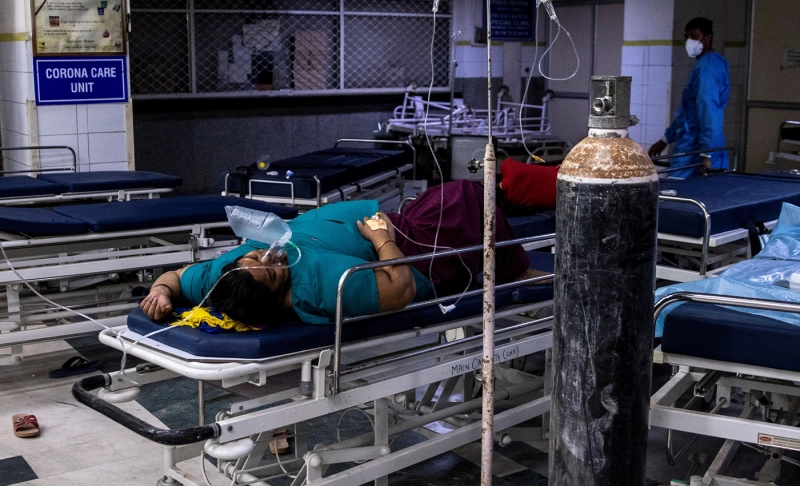By: Shashi M
June 25 2021

A false social media post says anesthetics might put a vaccinated individual's life at risk, though there is no scientific proof to back up the claim.
A false social media post says anesthetics might put a vaccinated individual's life at risk, though there is no scientific proof to back up the claim.Some social media posts claim that anesthetics can cause harm to persons who have been inoculated. The message advises vaccinated patients to wait one month before having an anesthesia operation, along with the false assertion. The Malaysian Society of Anaesthesiologists (MSA) and the College of Anaesthesiologists have rejected and called the viral message "misleading." The press release reported that the propagation of such misconceptions might affect many vulnerable people awaiting surgical procedures and their willingness to be vaccinated. The MSA press release states that patients who have recently been vaccinated may be requested to postpone non-urgent procedures. The purpose for this is not to avoid anesthesia issues but to ensure that the patient receives the full benefit of the two vaccination doses when they arrive at the hospital. Post-vaccination symptoms, such as muscle aches or fever, might linger into the perioperative period. The rationale for the delay is to ensure that the vaccine's side effects are not confused with those caused by the surgical operations. The MSA indicates that if the surgery is an emergency, recent vaccination should not be used as a reason to postpone it. The Centers for Disease Control and Prevention recommends that patients discuss anesthesia with their doctors if they have been vaccinated. The public health agency, on the other hand, has not issued any warnings. The World Health Organization's most significant focus is vaccine safety. In clinical trials on thousands of patients, COVID-19 vaccines were tested and monitored, as were all other vaccinations, in a rigorous multi-test procedure for the safety and effectiveness of the vaccine. After that, individual governments decide whether their countries can implement the approved vaccination and create WHO-recommended regulations. India Today reports that Dr. Samiran Panda, head of the epidemiology and communicable diseases division at ICMR, denies the risk of mortality mentioned in the viral messages. He said no scientific evidence backs up the erroneous assertions about the COVID-19 vaccine and anesthetics. The Health Ministry has not issued any such warning, and there has been no credible news report confirming the death of a vaccinated person owing to the use of anesthetic. Hence, we can conclude that the viral claim warning vaccinated people against surgeries requiring anesthetics is false.